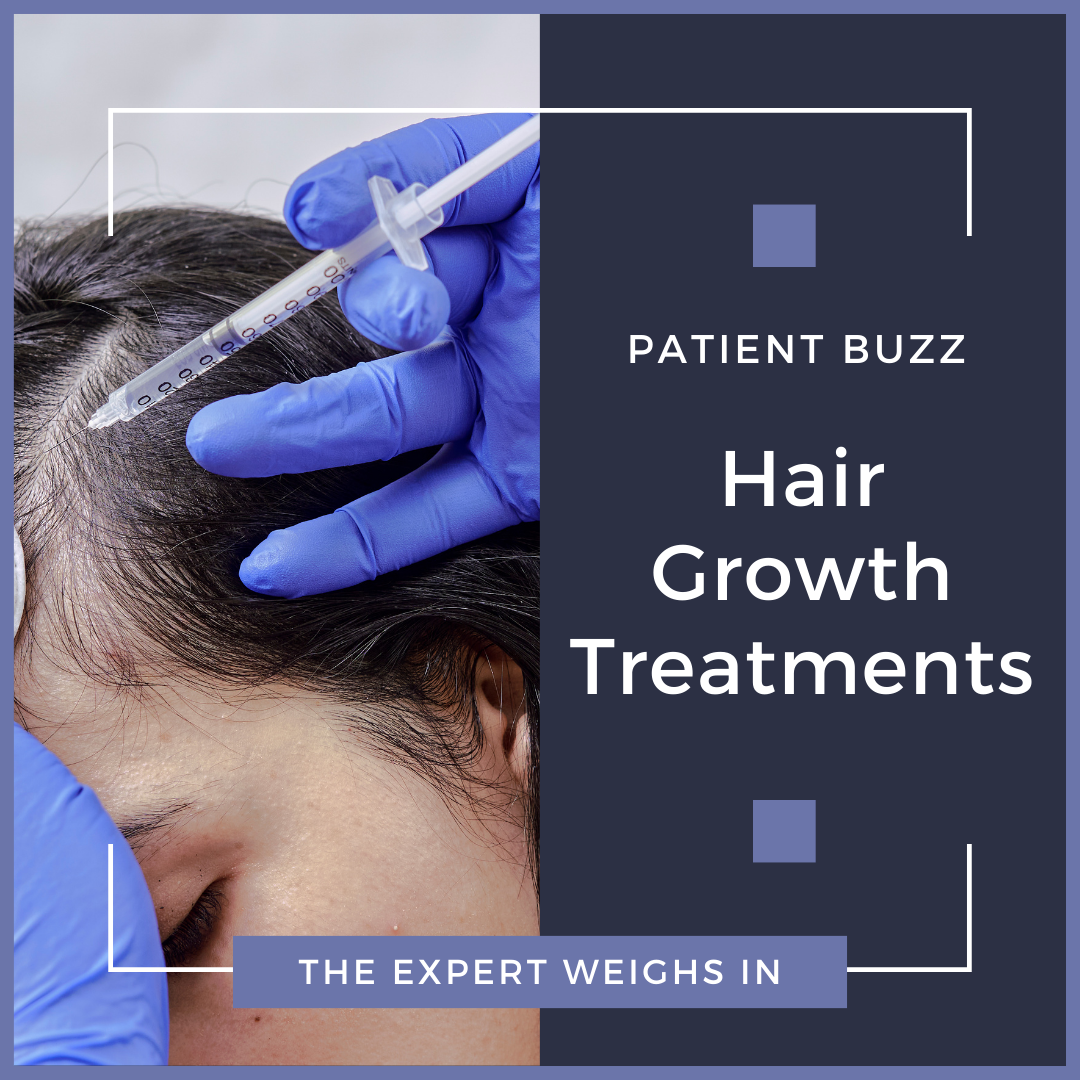Glamour recently posted an online article about how to grow hair faster. Does research support the use of supplements for hair growth? How quickly can patients expect to see results from any hair interventions?
For expert advice, I reached out to Amy McMichael, MD, FAAD, professor and chair of the department of dermatology at Wake Forest University School of Medicine.
When a patient asks how to grow hair faster, how do you respond?
I let them know that, unfortunately, there is no way to speed up the hair growth process. Speed of hair growth is determined by genetics, and there is no serum, pill or other invasive treatment that can change this.
One can keep the hair in the growth phase longer than the patient’s normal with prescription medications, topical minoxidil or platelet rich plasma injections.
Sometimes patients do not realize that their problem is breakage, and what they really need is to trim their hair more frequently, which allows healthy hair to grow longer rather than break off.
If patients are looking to grow hair faster, what should they look for when selecting hair care products? What ingredients have the most data to support their use and what ingredients need further study?
As noted above, there is no way to grow hair faster. The best way to assess what is happening with hair growth is to see a board-certified dermatologist who can make sure there is not a systemic reason for hair loss. They can also take a scalp biopsy if there is a need to investigate the growth more aggressively than with a clinical exam and trichoscopy (evaluation with lighted magnifier).
There are many different forms of hair loss and not all respond to the same treatments. If you are using the wrong treatment to treat your particular form of hair loss, you will not see improvement. Thus, it is very important to have the correct diagnosis of your hair loss as well as a determination of whether hair can regrow or not. There are a number of scarring forms of hair loss where treatments cannot improve growth. Sometimes surgical interventions may help in these cases, but not always. Hair loss is not one-size-fits-all, and that is a message that is lost in many non-scientific approaches to hair loss.
In terms of products that are available with a physician, topical minoxidil is available without a prescription and this can help to prolong the growth phase of the hair, allowing the hair to stay on the head longer, which allows fine hairs to thicken and contribute more to density.
There are various hair supplements available that can help make the scalp healthier and thereby grow healthier hair, but these supplements do not make the hair grow faster. Ingredients such as Ashwagandha, marine collagens and saw palmetto are typically seen in these supplements. However, many of these supplements contain biotin, and this is not something that helps hair growth even though social media says it does. The most important thing for patients is to consult with their board-certified dermatologist to see if a hair supplement is right for them.
Do you recommend your patients undergo scalp therapy and massages? Is there evidence to support their use for hair growth?
I do not recommend scalp massage for hair growth as there is no evidence for this. Occasional scalp massage can certainly feel wonderful and be relaxing, and that is how it should be used. As a matter of fact, too much scalp massage and using tools to massage the scalp can cause hair breakage, so this is not recommended.
Do you recommend dietary supplements to your patients looking to grow hair faster? If so, which supplements have data to support their use?
As noted above, there are some hair supplements that are fine for use in some patients, depending on what their particular diagnosis of hair loss is. I don’t just recommend every patient to take these supplements because there are forms of hair loss for which there is little evidence of them helping, particularly in scarring forms of hair loss.
Can beauty treatments help grow hair faster?
No, but good hair and scalp care can contribute to hair that grows longer in length and looks healthier.
What are the best in-office treatments for expediting hair growth?
I would recommend platelet rich plasma injections as the most helpful treatment for many forms of hair loss. Again, this does not work for every patient, treatments can be quite expensive, and they need to be continued long term.
How quickly can patients expect to see results from any interventions?
Any treatment for hair loss or helping with healthy growth can take up to 6-9 months to show a benefit. This is because hair grows very slowly and takes time to mature from a fine hair to one that is thicker and contributes to density. If you see results before this time, that’s great but not expected in everyone.
Any other advice you give to dermatology clinicians whose patients ask about ways to grow hair faster?
Again, we never want to give the impression of faster hair growth, but gentle hair care, washing the scalp regularly and eating a healthy diet can all help with a healthy head of hair that grows nicely.
Did you enjoy this Patient Buzz expert commentary? You can find more here.

